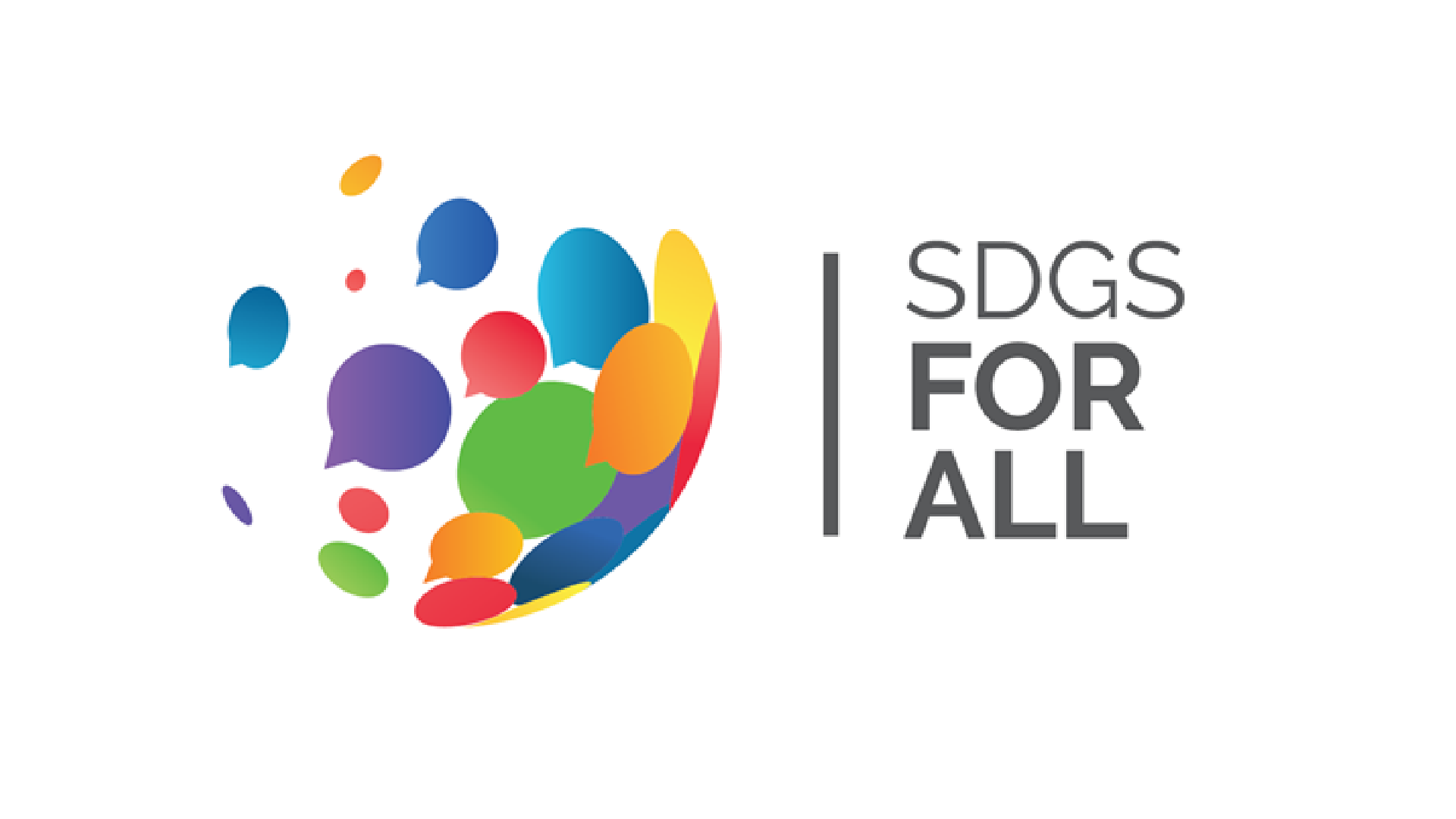Within the “SDGs for ALL” Platform, Center for Advanced Economic Studies (CEVES) has developed a policy paper “Reducing inequalities – pathway to sustainable development”, which aims to contribute to the fulfillment of the UN 2030 Agenda for Sustainable Development in the Republic of Serbia, with the focus on SDG 10 – Reduced inequalities. The subject of this document is an overview of the inequality in the Republic of Serbia with a set of recommendations for improving the current situation.
Inequalities in Serbia are high, and mostly driven by the following factors: labour market inequalities, failure of welfare state mechanisms to reach some vulnerable segments of society, gender inequalities and inequalities in education. After some improvements over the last few years, Gini coefficient in Serbia stood at 33.3 points in 2019 making it one of the highest in the EU. In fact, while the EU average stood at 30.2, only Bulgaria, Romania, Latvia and Lithuania had higher Gini coefficients (and therefore higher inequality). Issues related to inequality are not considered as a priority in public policies in Serbia. Even though some aspects indirectly affecting inequality such as poverty and social inclusion are given somewhat more attention, strategic documents addressing it directly seem to be missing. The National Economic Recovery Plan encompassing all relevant targets of SDG10 and a new ESRP that takes into account all relevant aspects of reducing inequality, including inequalities in income, consumption and access to basic social services, should be adopted. The best way to resolve inequality is through creating decent employment, accompanied by changes in income tax policy, education reform (from preschool to higher education), adjustments in some welfare state mechanisms, labour market institutions and Active labour market policies as well as adopting the new Law on gender equality.
The document is available on the following link:
Policy paper “Reducing inequalities – pathway to sustainable development”


 SR
SR